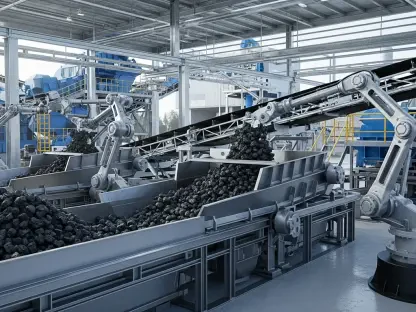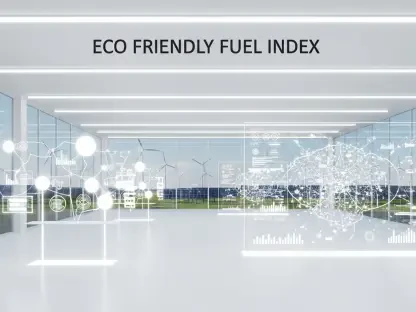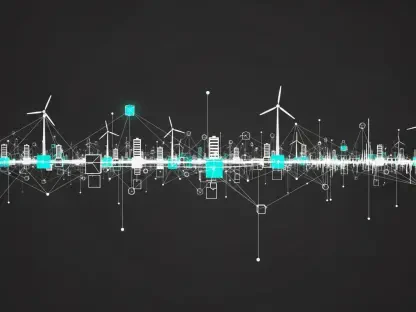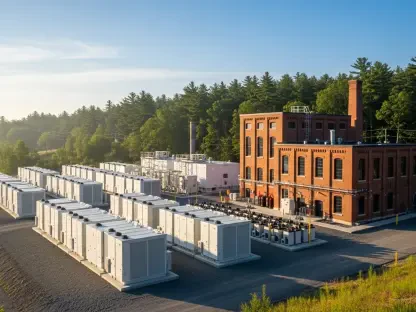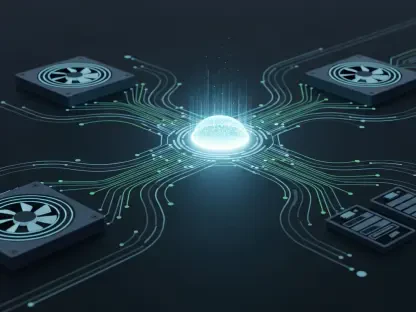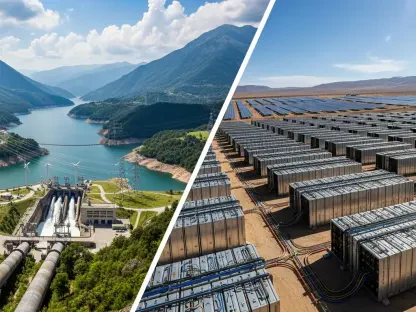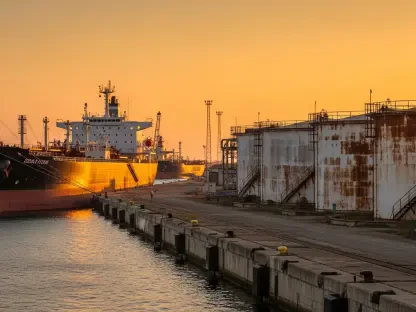The Port of Klaipėda in Lithuania has taken a momentous step towards greener shipping by launching an electrification project designed to provide electricity to moored vessels, aiming to reduce both harmful emissions and noise pollution. This ambitious initiative will see the construction of initial electricity supply stations: three for roll-on/roll-off (RoRo) ferries at the central terminal and one for the container terminal in the port’s southern section. Additional electrification efforts are planned for quays catering to container vessels and cruise ships. The project is expected to begin operation in 2026, with full completion anticipated by 2028.
Electrification Stations and Renewable Energy
Initial Electrification Efforts
The planned electricity supply stations are designed to significantly cut down on emissions and noise at the port by allowing vessels to switch from running on conventional fuel while docked to utilizing clean electrical energy. The initial phase of the project involves constructing four stations—three of which are dedicated to RoRo ferries at the central terminal, and one for the container terminal in the port’s southern area. By addressing the needs of these specific sections, the port aims to create a balanced and comprehensive electrification plan. These efforts are expected to set a new standard for ports around the world by combining operational efficiency with environmental responsibility.
Harnessing Renewable Resources
Once completed, the Port of Klaipėda plans to purchase electricity exclusively from renewable sources such as wind and solar energy. This commitment underscores the project’s environmental objectives by ensuring that the electricity used to power the docked ships does not contribute to carbon emissions. Funding for the project is secured in part through the European Union’s Transport Programme of the Connecting Europe Facility (CEF), which has allocated €8.6 million out of the total estimated cost of €11 million. This substantial financial support demonstrates the EU’s commitment to advancing sustainable transportation infrastructure within its member states, further reinforcing the importance of environmental initiatives within the maritime industry.
Strategic Partnerships and Technological Innovations
Engineering and Construction
A key contributor to the electrification project is the Lithuanian company UAB Vakarų Resta, which has been contracted to design and build the foundations for the electricity supply stations, along with laying the necessary infrastructure. The contract, valued at €238,000, is targeted for completion by May 2025. In addition to this, the Lithuanian branch of the Estonia-based BLRT ERA AS will be responsible for supplying, installing, and commissioning the shore-side electricity supply equipment. These collaborative efforts with specialized firms ensure that the project benefits from expert knowledge in both engineering and environmental sustainability, which are critical to achieving its ambitious targets.
Leadership and Green Commitment
At the helm of the Klaipėda Port Authority, CEO Algis Latakas emphasized that this electrification project is not just about adopting new technology but also about fulfilling a corporate commitment to environmental stewardship. By eliminating emissions and noise at the quays through the use of green electricity, the port aims to make a substantial difference in both local and global contexts. Latakas’s vision aligns with broader sustainability goals, marking a decisive shift towards responsible and innovative port management. The project highlights Klaipėda Port’s proactive measures to mitigate its environmental footprint while maintaining high standards of technological advancement.
Collaboration and Future Innovations
Creating Green Shipping Corridors
The Port of Klaipėda has increasingly aligned itself with global sustainability goals. In April 2024, the port signed a memorandum in collaboration with Singapore-based X-Press Feeders and five other European ports to develop green shipping corridors and work towards decarbonizing maritime operations in Scandinavia and the Baltic Sea. This strategic collaboration aims at fostering eco-friendly maritime practices and underscores the port’s dedication to integrating sustainable methods into its operational framework. By collaborating with international partners, the port is not only influencing regional policies but also contributing to global efforts for a cleaner maritime environment.
Advancing Green Hydrogen Production
Further illustrating its commitment to sustainability, the port announced in January 2025 the commencement of a new project aimed at setting up the region’s first green hydrogen production and refueling station. This cutting-edge initiative involves the acquisition of a PEM electrolyzer from the UK’s IMI, with the total project valued at €10.5 million. Once operational, this facility will help Klaipėda Port support hydrogen-powered vessels and reduce its reliance on fossil fuels. The project’s construction is scheduled to begin this year, moving forward the port’s agenda for sustainable and innovative energy solutions. This groundbreaking effort places Klaipėda at the forefront of green maritime technology.
Impact and Future Prospects
Technological and Environmental Significance
In summary, the electrification of Klaipėda Port’s quays, along with its various sustainability-oriented projects, underscores a committed approach to minimizing environmental impacts while advancing technological capabilities. Supported by substantial funding from the European Union and bolstered by international collaborations, these initiatives pave the way for integrating eco-friendly solutions into the maritime industry. Such projects not only contribute to reducing the port’s ecological footprint but also serve as inspiring examples for other ports around the world to follow.
Looking Ahead
The Port of Klaipėda in Lithuania has embarked on a significant journey towards more environmentally friendly shipping by initiating an electrification project. This forward-thinking endeavor aims to provide electricity to docked vessels, with the dual objectives of cutting both harmful emissions and noise pollution in the area. The first phase of this ambitious project involves the construction of several electricity supply stations. Specifically, there will be three stations designed for roll-on/roll-off (RoRo) ferries at the central terminal, and one station dedicated to the container terminal in the port’s southern section. Continuing their commitment to greener practices, the port also plans further electrification for quays that serve container vessels and cruise ships. Operations for this project are expected to commence in 2026, with complete execution anticipated by 2028. This initiative not only showcases Klaipėda’s commitment to sustainability but also positions it as a forward-thinking leader in the maritime industry.


